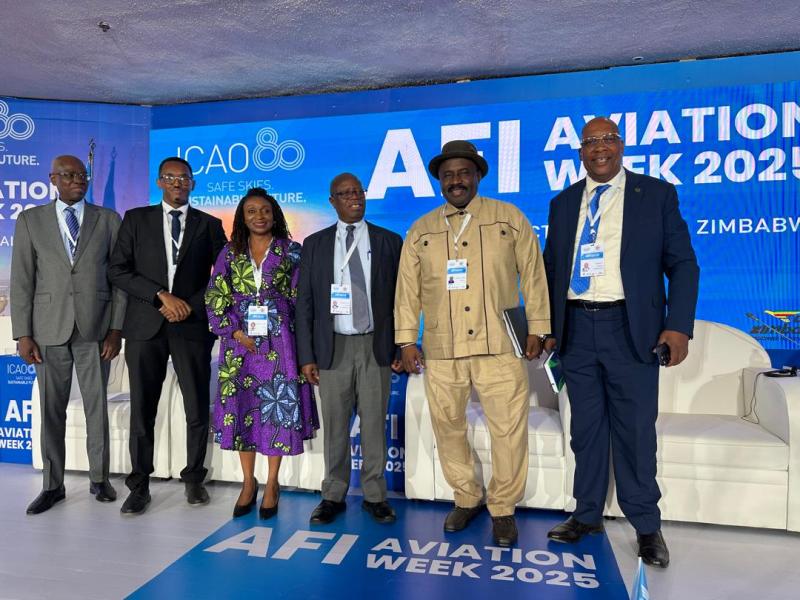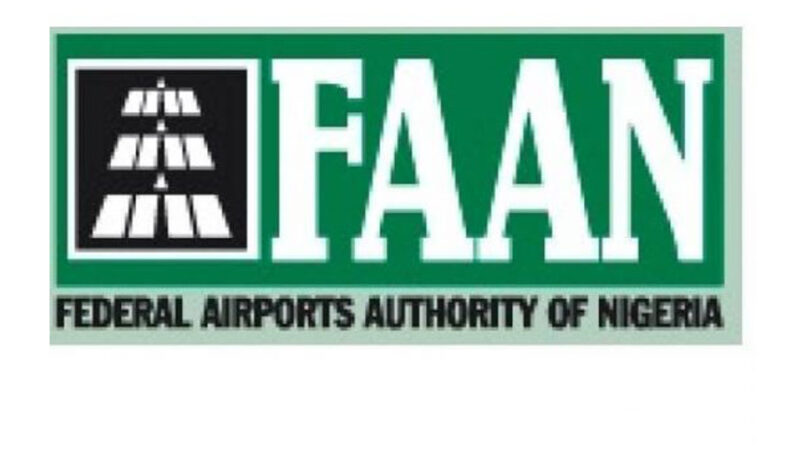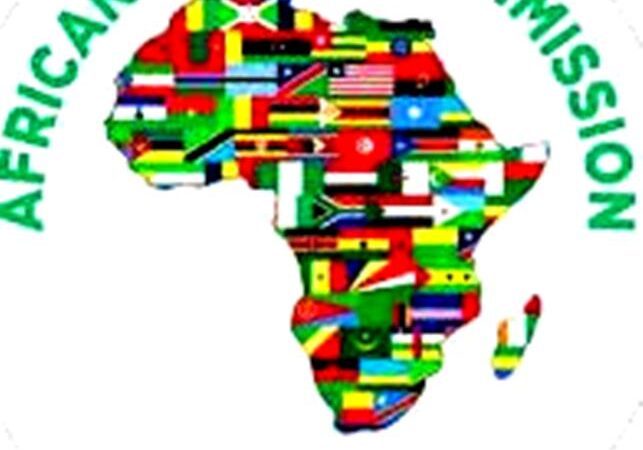How African Air Transport Can Drive Sustainable Economic Development 2030, By Najomo

The Director General of Nigeria Civil Aviation Authority (NCAA), Capt. Chris Najomo has highlighted three priorities that must be addressed to make Africa’s air transport sector a true driver of sustainable economic development by 2030.
Speaking at AFI Aviation Symposium held on Wednesday May 28, 2025 under the theme, Optimizing Air Transport connectivity for Sustainable Economic Development in Africa, Najomo identified market liberalization through the full Implementation of the Single African Air Transport Market (SAATM), infrastructure modernization through investment in aviation infrastructure and technology and human capital development and regulatory oversight as the priority areas.
He further said the challenges that African states face in balancing national carrier protectionism with the need for liberalization and regional connectivity stem from political, economic, regulatory, and infrastructural factors but that “as part of Government of Nigeria policy trust, my administration through the backing of the Honourable Minister,support the growth and sustenance of local airline businesses whilst holding them to the highest international standards in the aviation industry.”
Some of the challenges are the fear of African governments that liberalization will undermine their national carrier’s market share and profitability, slow implementation of the Yamoussoukro Decision and the Single African Air Transport Market (SAATM) for fear that they will loss control of certain routes which may negatively impacts on their national airlines, absence of economic regulations to provide the needed assistance in balancing the needs for liberalization of the regional routes and lack of autonomous Civil Aviation Authorities, visa barriers and consumer impact and policy disconnect.
Najomo said the Nigerian government “the Nigerian government has increasingly prioritized aviation infrastructure development and regional airline partnerships as strategic tools to drive national economic growth, improve connectivity, and strengthen regional integration. Nigerian government allocates funds in its annual budget for key infrastructure project for construction and upgrade of Airport infrastructure and air navigation Services such as airport upgrades and concessions in form of rehabilitation and expansion of terminals in Abuja, Lagos, Port Harcourt, Kano and Enugu, airport concession programme in form of the ongoing plan by the government on Public-Private Partnerships (PPPs) concession of key international airports aimed at improving efficiency, infrastructure, and service delivery, development of new infrastructure, expansion of cargo facilities and integrating them with Special Economic Zones (SEZs) to promote exports, aerotropolis projects that would develop airport cities around key airports in Lagos, Abuja and others to boost logistics, tourism, and commercial activities.
There is also modernization of air navigation services through the Nigerian Airspace Management Agency (NAMA) featuring deployment of satellite-based navigation systems (GNSS) and upgrade of radar systems and communication infrastructure for better air traffic control and safety compliance.
According to him, “Nigeria has signed BASA in line AFCAC YD-Compliant ASA with some of the thirty-eight (38) SAATM countries, including the provisions of unrestricted first to fifth freedom traffic rights on Passengers and full liberalization on Cargo,” he said adding that “Nigeria government is actively promoting the growth of Domestic Airlines through targeted policies such as the “Fly Nigeria Act,” aimed to prioritize Nigerian airlines for government-sponsored air travel. This is designed to support local operators, ensuring their sustainability and boosting the local and regional aviation industry.”
He said the domestication of the Cape Town Convention in the Civil Aviation Act 2022 and signing of the Irrevocable De-registration and Export Request Authorization(IDERA) in October 2024 “has increased the Nigeria’s score on the CTC Compliance Index from 70.5% to 75.5%, placing the country in the ‘high category’ and the subsequent removal of Nigeria from the Aviation Working Group (AWG’s) watchlist of non-compliant countries. The signing of IDERA has allowed Nigerian airlines to access leased aircraft more easily, thereby boosting operational capacity, international confidence that would support Nigeria airline expansion on the regional routes.”
He stated that accelerating air connectivity in Africa requires deep, structured collaboration. “Therefore, by aligning aviation with broader continental goals, African stakeholders can create a truly integrated airspace that fuels economic growth, tourism, and intra-African trade,” he said.






